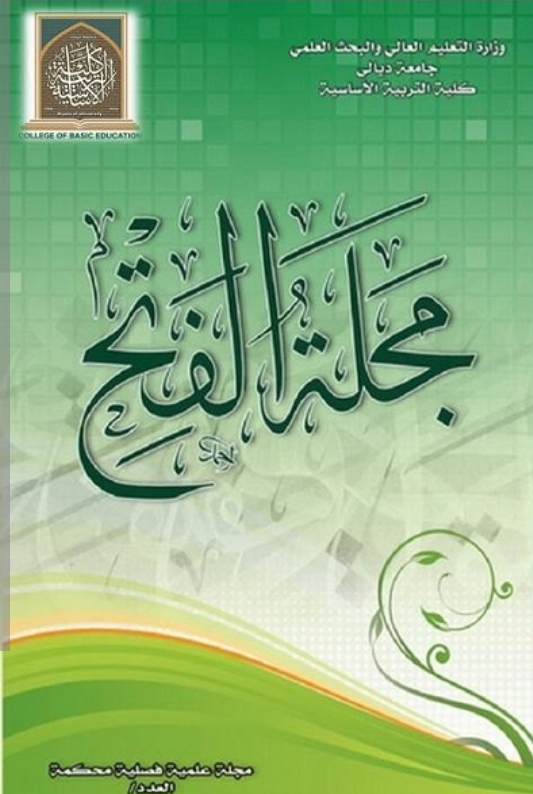Islamic thought and information technology
Abstract
Information technology has contributed to a rapid change in life, as the use of technology in obtaining and transmitting information has become one of the pillars that enable us to keep pace with scientific development and provide an opportunity for societies and systems to take appropriate decisions in a timely manner, using modern technological machines, including computers. The data resulting from data processing according to specific contexts and a high level of reliability is called information, and it is thus the framework that contains information technology - computer science - information systems, communication networks and their applications in various fields of humanitarian work. Historical events have shown the depth of the renaissance experience led by Islam throughout the ages, and today we live in an era of globalization and openness to the world and the rapid development of the informational and knowledge revolution. Determining ways to take advantage of this new development and identifying knowledge links and revealing them through a clear Islamic scientific perspective in order to achieve development in the Islamic society. Each new and developed has its negatives and positives for the individual and society. They flocked to acquire the culture of the West in an extravagant and exaggerated way. Is it possible to aspire to import culture without absorbing its contents, or is it about consumption, reception, and ignoring the relationship between Islamic thought and Western culture? The most important question posed by Ismail Nuri al-Rubaie in his article (The Arabs and the Challenge of Informatics) (1) is about the steady development in which developed countries are reluctant to face the abyss and gap that the Arab countries suffer from, despite the wide and even exaggerated import of this technology, so where is the defect? We have to look carefully at this technology before we take what will benefit us from it, provided that it does not contradict our religious values and the requirements of our society.
Downloads
Published
How to Cite
Issue
Section
License

This work is licensed under a Creative Commons Attribution 4.0 International License.
حقوق النشر والترخيص
تطبق مجلة الفتح للبحوث التربوية والنفسية ترخيص CC BY (ترخيص Creative Commons Attribution 4.0 International). يسمح هذا الترخيص للمؤلفين بالاحتفاظ بملكية حقوق الطبع والنشر لأوراقهم. لكن هذا الترخيص يسمح لأي مستخدم بتنزيل المقالة وطباعتها واستخراجها وإعادة استخدامها وأرشفتها وتوزيعها ، طالما تم منح الائتمان المناسب للمؤلفين ومصدر العمل. يضمن الترخيص أن المقالة ستكون متاحة على نطاق واسع بقدر الإمكان وأن المقالة يمكن تضمينها في أي أرشيف علمي.
لمزيد من المعلومات، يرجى متابعة الرابط: https://creativecommons.org/licenses/by/4.0/.



